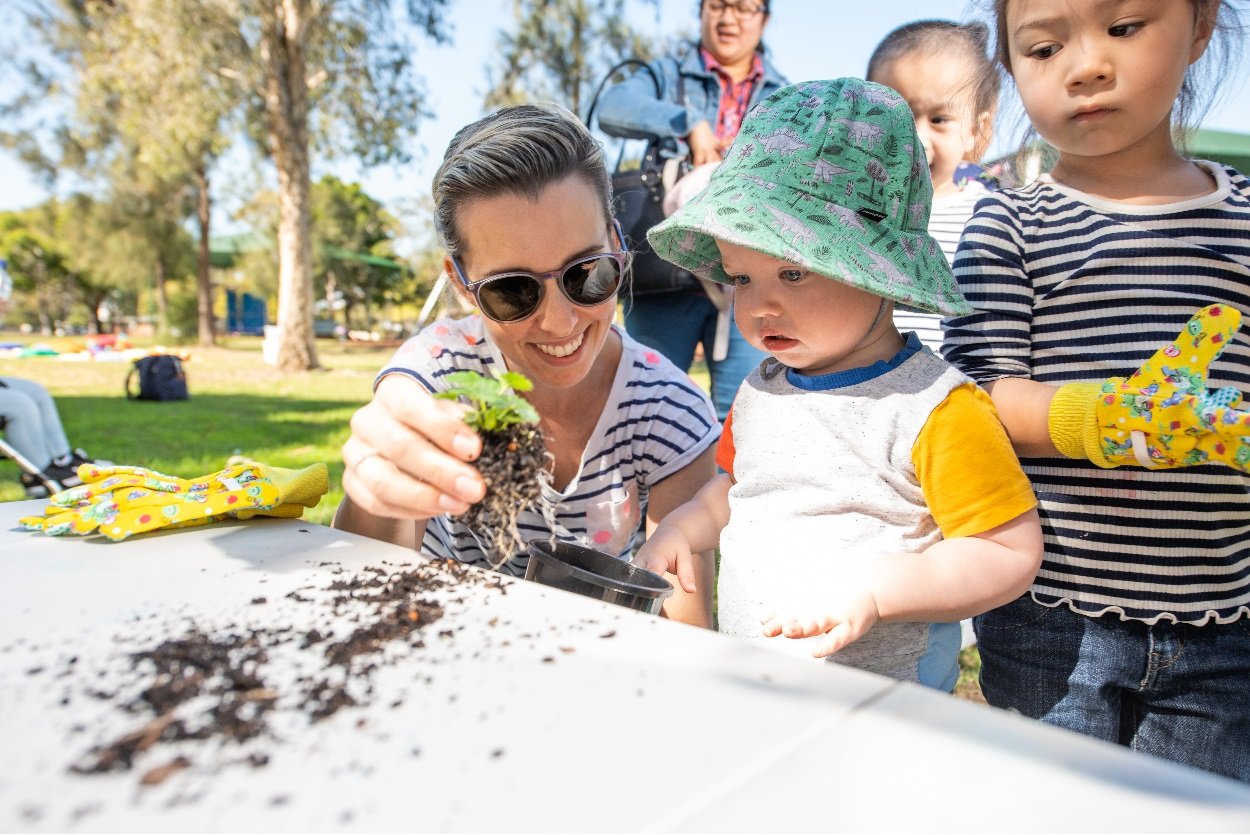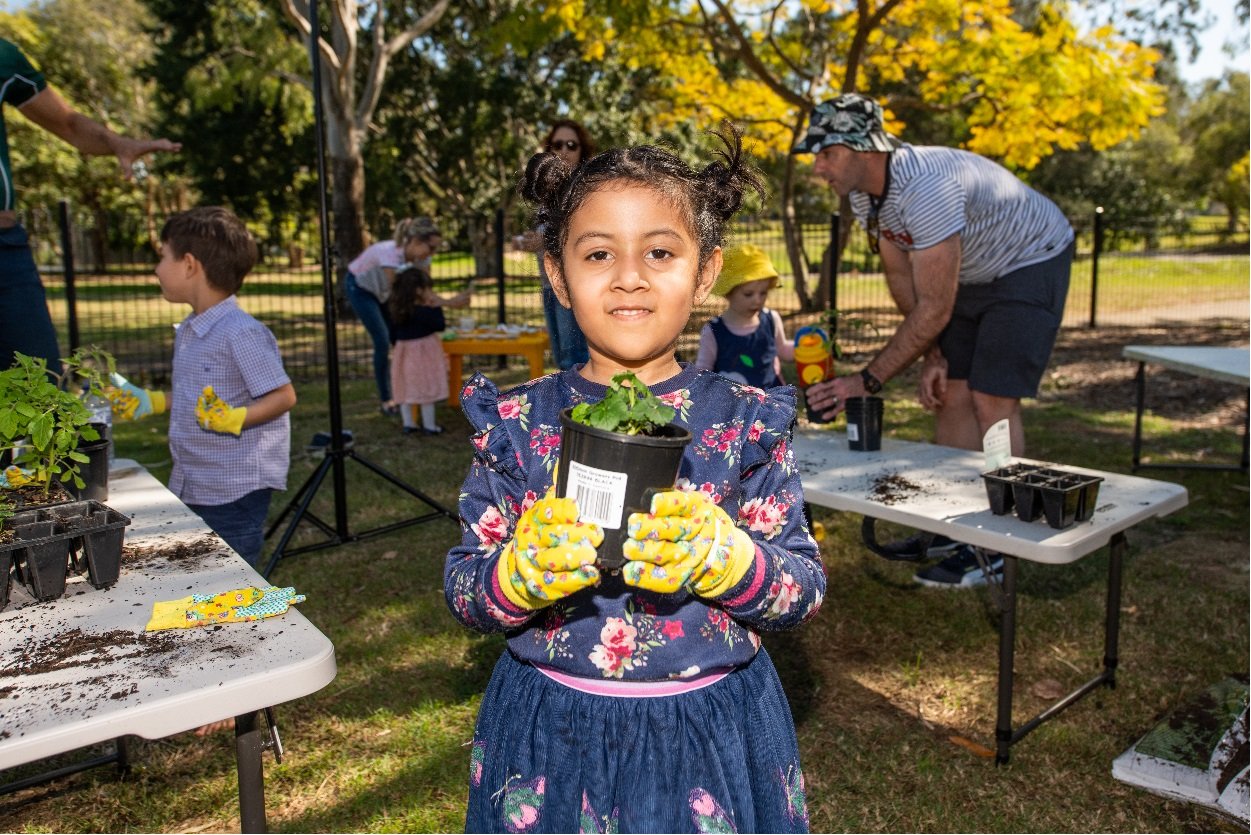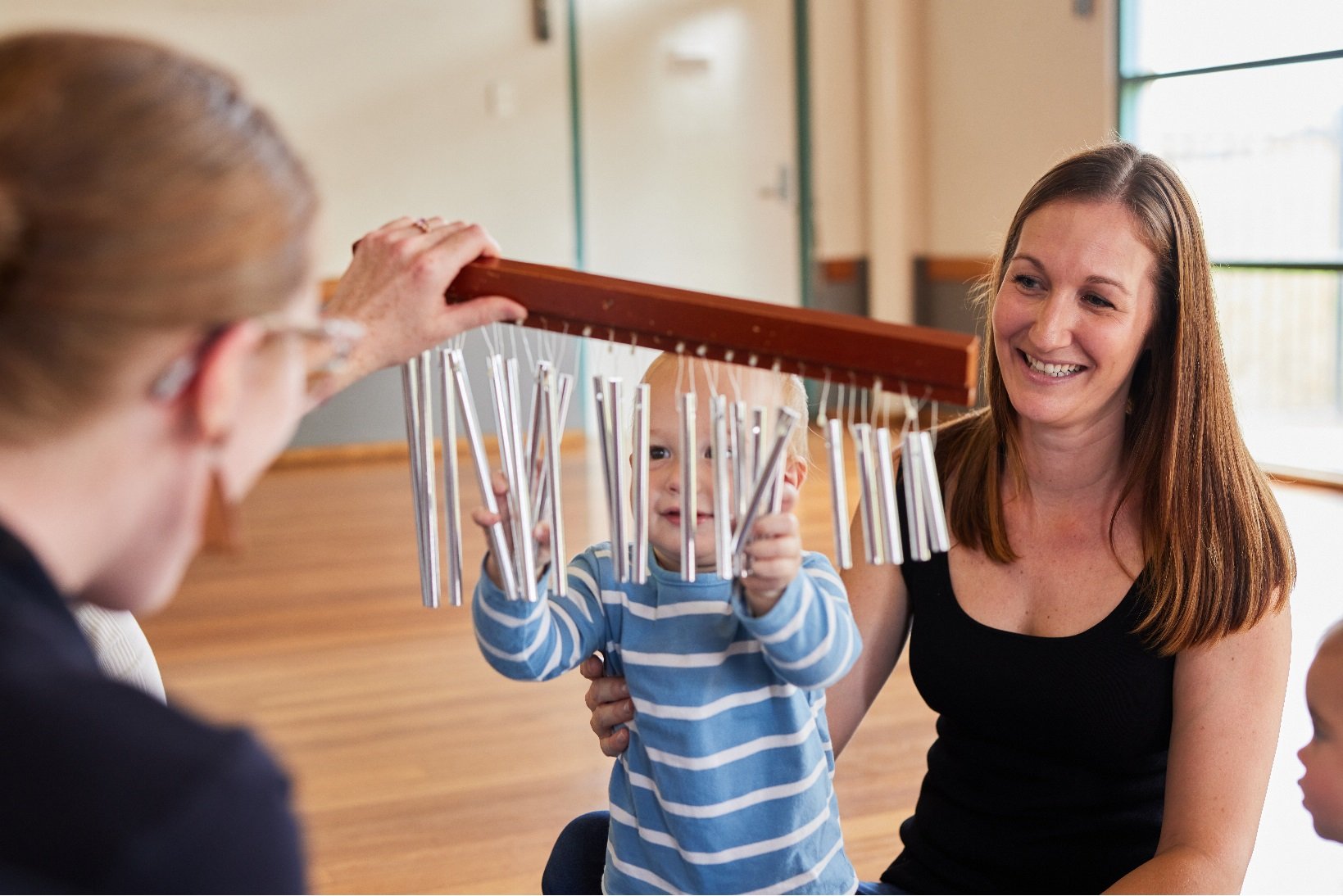Playing in nature is a great way to help toddlers and preschoolers explore the environment, get some exercise and build their social skills. Spending time outdoors allows them to expend endless energy and get a vital boost of vitamin D while running and exploring the world around them. This boosts their cognitive development as well as physical and emotional wellbeing. In this article, we'll look into some of the advantages of outdoor play for toddlers and preschoolers and offer suggestions on how they can incorporate more nature play into their daily lives.
"Nature play is unstructured play with elements of nature, and is one of the best ways to help children develop resilience, creativity and problem-solving skills." (Nature Play Queensland)
Benefits of Outdoor Play for Children
One of the primary advantages of outdoor play is that it promotes physical exercise, which is crucial for children's healthy growth and development. Running, jumping and climbing can improve motor skills and coordination in kids so they're better able to perform daily activities and prepare them for organised sports and games as they mature (Nature Play Queensland). Furthermore, playing outdoors encourages imagination and creativity which in turn boosts cognitive abilities and problem-solving capabilities (Nature Play Queensland).
One of the important, but often undervalued advantages of outdoor play for children is that it provides them with opportunities to socialise and develop communication skills. Through interaction with others, children learn how to share, cooperate, and negotiate (First Five Years), as well as how to resolve conflicts, express themselves clearly, and listen intently. These abilities will be essential in supporting their social and emotional development as they transition into the education system.

Sensory Development and Environmental Awareness
Playing in natural environments also promotes sensory development in children (Raising Children). Scents, textures, sounds and sights from nature can stimulate their senses and improve sensory processing abilities. For instance, walking on a bumpy surface or touching tree bark can improve their tactile perception. Listening to birds chirp or the sound of leaves rustling also enhances their auditory processing abilities. Excursion into nature allows children to witness seasonal shifts, as well as observe colors and patterns on flowers or leaves. Furthermore, they'll get to stretch their vocal chords beyond what indoor environments typically provide them.
Another advantage of outdoor play is its connection to nature, which promotes environmental awareness and stewardship. When children play in natural settings, they learn about different ecosystems as well as the animals and plants that inhabit them. They become aware of how important preserving nature is and how their actions can have an effect on it. This knowledge can motivate them to become more eco-conscious and take steps towards protecting our planet.
.jpg?width=1838&height=1226&name=YARRABAH%20(12).jpg)
The Calming Effects of Nature
Playing in natural settings can have a calming effect on children's minds and bodies. Studies have demonstrated that exposure to nature reduces stress levels, improves mood and self-esteem, and promotes relaxation and sleep (First Five Years). Playing in natural settings can have a calming effect on children's minds and bodies.

How to Integrate Nature Play into your Day
Integrating nature play into your child's daily routine can be a valuable addition, and both children and adults will reap the rewards of regular outdoor activity.
Some great ways to start including nature play into your routine are:
- Take nature walks in your local area
- Join a bush playgroup
- Get outside in your own backyard (if you have one)
- Start a garden and care for the plants as they grow
- Create artworks inspired by nature
- Participate in a geocaching activity
- Create a fairy or dinosaur garden
- Create your own ‘Spoonville’ in your local area
It’s important to make sure your children are safe and well-supervised when playing outdoors, especially when climbing and playing near water. Teaching children how to identify risks and stay safe is essential. This can include using protective gear like helmets, sunscreen, and event insect repellent.
Nature play offers long-term advantages for toddlers and preschoolers. Not only does it promote their physical, cognitive, and emotional development; it also gives them an appreciation of nature and the environment. Parents can incorporate nature play into their child's daily routine to give them opportunities to discover the natural world and foster an appreciation that will last a lifetime. So grab those sun hats, gum boots, sunscreen, sunglasses - grab everything you'll need to explore the wonders of nature with your child!
Resources:
https://natureplayqld.org.au/nature-play-ideas
https://www.firstfiveyears.org.au/early-learning/the-benefits-of-nature-play-for-children
https://www.theempowerededucatoronline.com/2019/05/simple-ideas-for-nature-play.html/
https://raisingchildren.net.au/toddlers/play-learning/outdoor-play/outdoor-play

.jpg)


.jpg)

